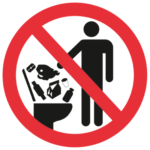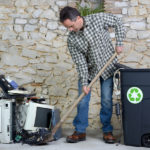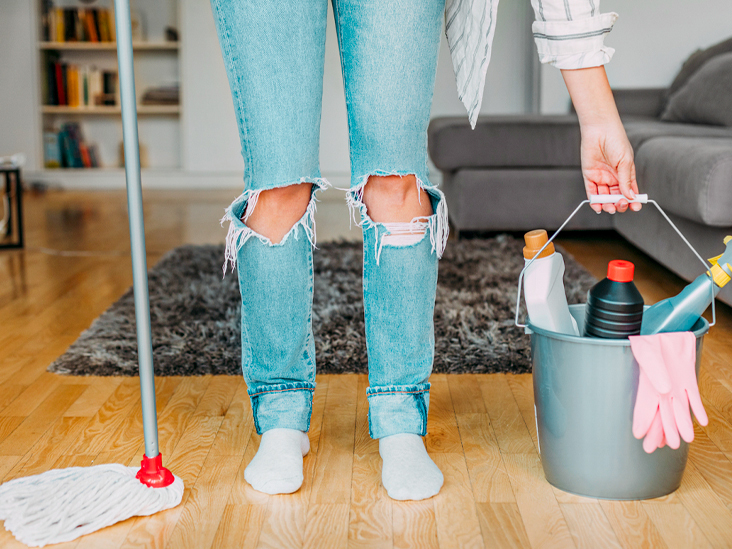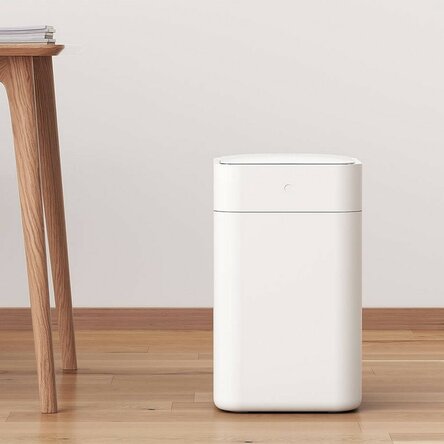Foods and liquids that should not be flushed down the toilet
There are different ways to get rid of waste. However, more often housewives choose to drain them into the sewer through the sink or toilet. In the meantime This is strictly forbidden with many liquids. and even solid waste.
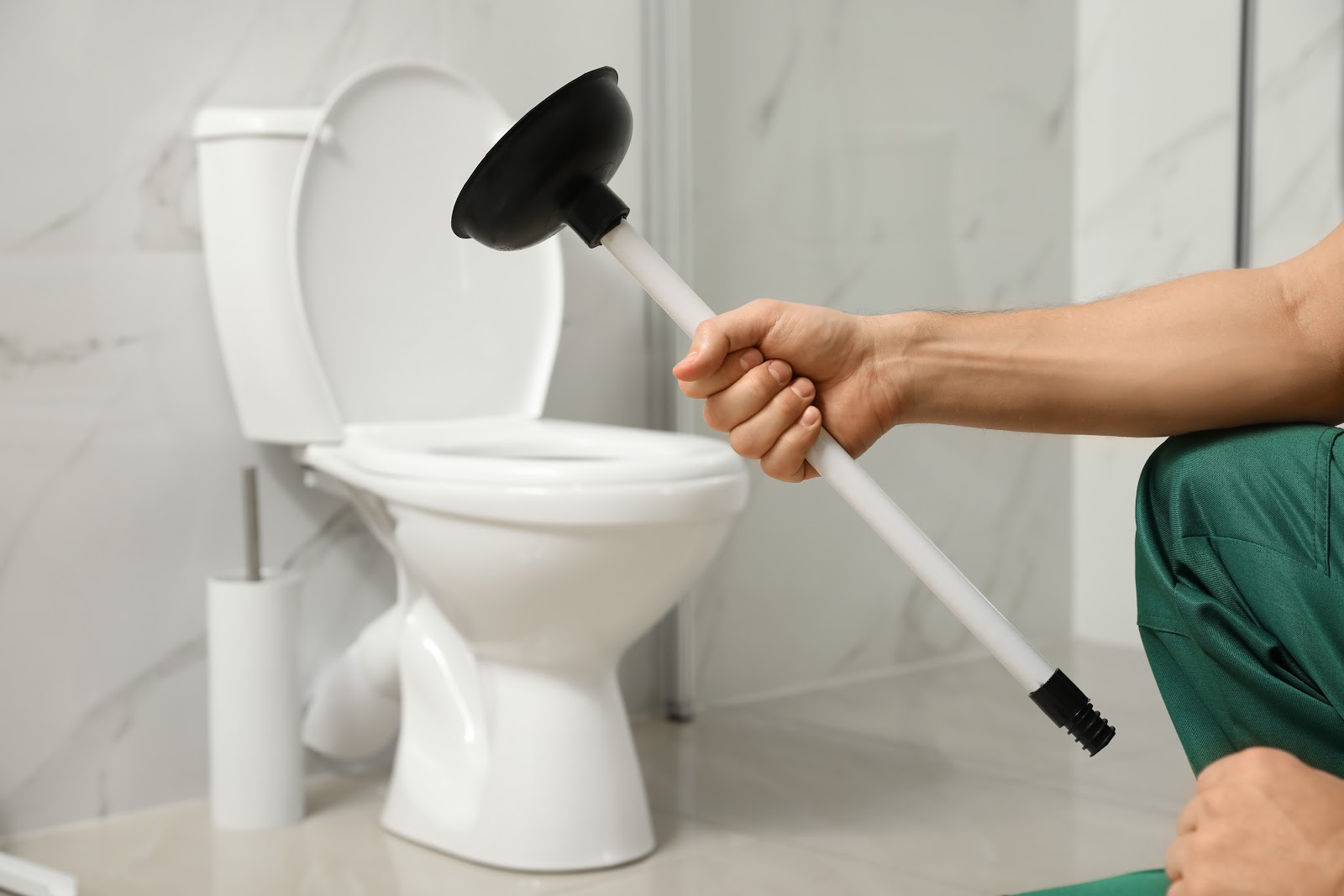
The content of the article
What foods should not be thrown down the toilet?
Blockages in the drain system are a huge problem.. It’s good if it is noticed before the pipes break and flood the basement or neighbors. Agree, no one wants to wallow in a fetid muck while cleaning their apartment of dirt.
To prevent this from happening, do not pour waste down the drain. And we will provide you with a list of liquids and products that are taboo for going down the toilet, and we will also tell you how to properly dispose of them.
Pasta and rice
Spoiled dishes must be thrown into the trash bin and nothing else. When they get into the toilet and come into contact with water, they quickly swell and stick together, creating a large lump. The sewer will immediately become clogged and a breakthrough will occur.
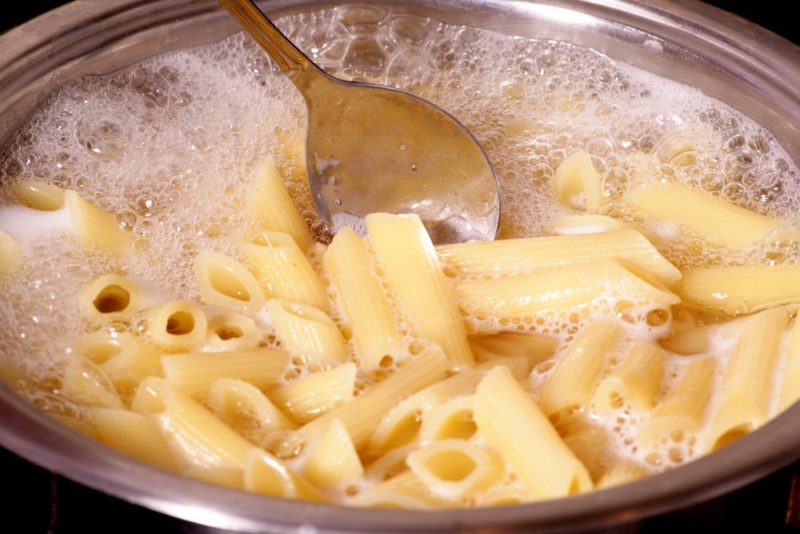
Flour
When it comes into contact with water, it turns into a large sticky lump. It collects all particles of food, hair and other waste that accidentally fall into the drain. Very quickly, such a blockage will lead to damage to the pipe.
Throw it away the remaining flour in a bucket. And the rag that was used to wipe the table, do not rinse over a sink. It is better to clean up with a disposable or paper napkin and throw it away immediately.
Expired dairy products
It is practically not dangerous for pipes, although it creates a greasy layer on the walls, to which food particles cling more strongly. The situation with the environment is much worse. Getting into bodies of water, delay absorbs oxygen in water and leads to the death of the inhabitants of the environment. Advocates and volunteers around the world have long been sounding the alarm about this.
To dispose of expired milk or kefir, simply throw it away in the container in which it was stored.
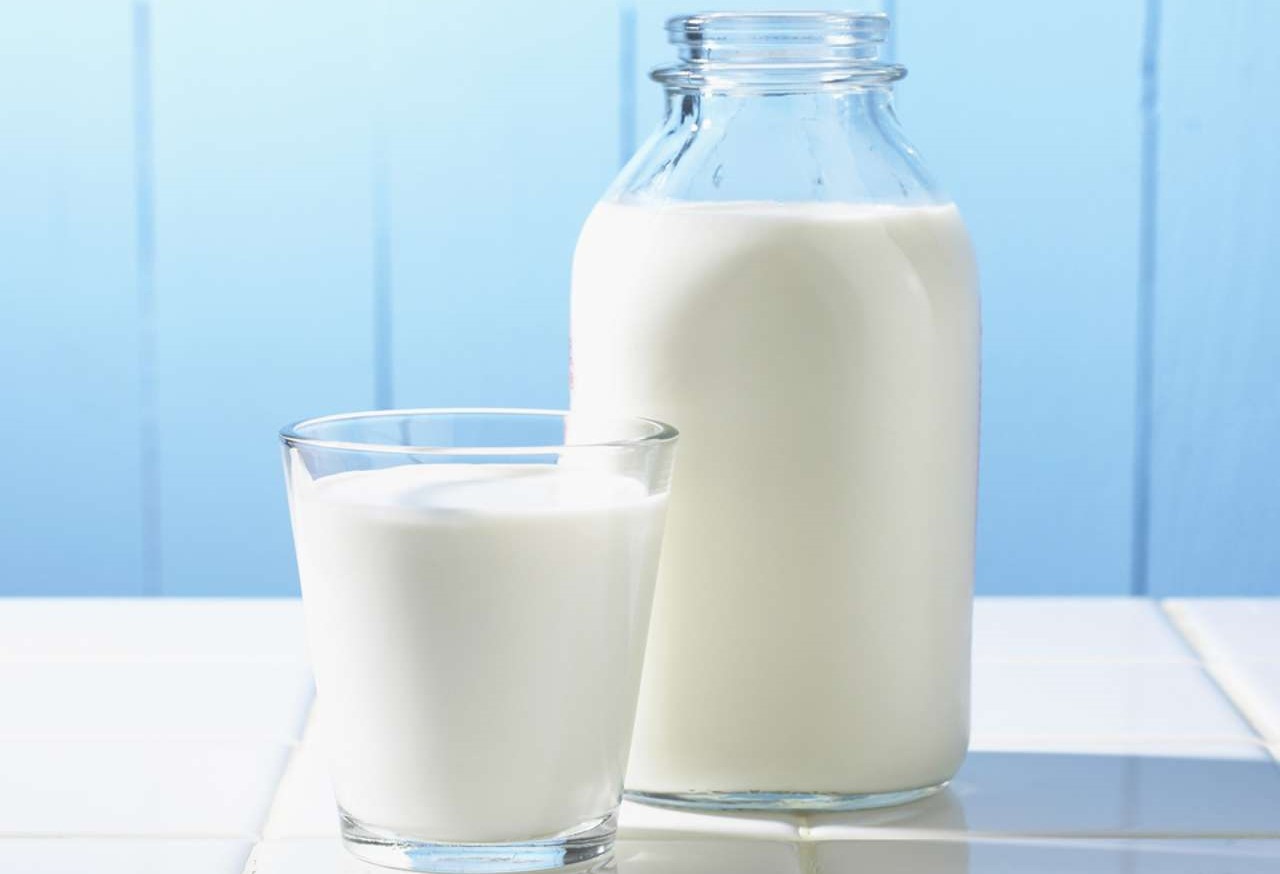
Coffee grounds
Water does not dissolve the small fractions of the invigorating drink. They pass through the pipes and a large percentage of them cling to the walls of the sewer, which are covered with fatty deposits. Over time here a hard lump is formed that is difficult to remove even a professional.
Always throw your morning coffee leftovers in the trash.
Chicken egg shell
Many housewives put large shells in a bucket, and wash small ones from their hands into the sink. This leads to serious blockages, since the particles quickly stick together in the pipe and attract other small fractions. The plug grows like a snowball and clogs the pipeline.
Throw away any leftover chicken eggs in the trash and wipe your hands with a paper towel. It, in turn, is immediately sent in the same direction - to the trash.
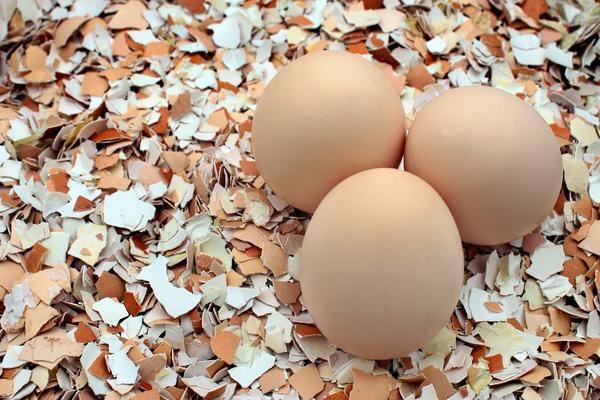
Medicines
We throw tablets and syrups that have long passed their expiration date into the toilet. This is explained simply, the pills dissolve well in water and blurred in seconds. But think about the harm you are doing to the environment. After all, chemicals from decomposed drugs penetrate into water bodies, and then into tap water.
No filters will protect us from the penetration of chemicals into food and drinking water.
Contraception
Latex products to protect against unwanted pregnancy and STDs are a common cause of sewer pipe failures. Despite numerous warnings, many citizens prefer to dispose of them in this way.
Getting into the pipe, they cling to food particles and quickly form a plug. You will not notice how the canal breaks and your neighbors are flooded.
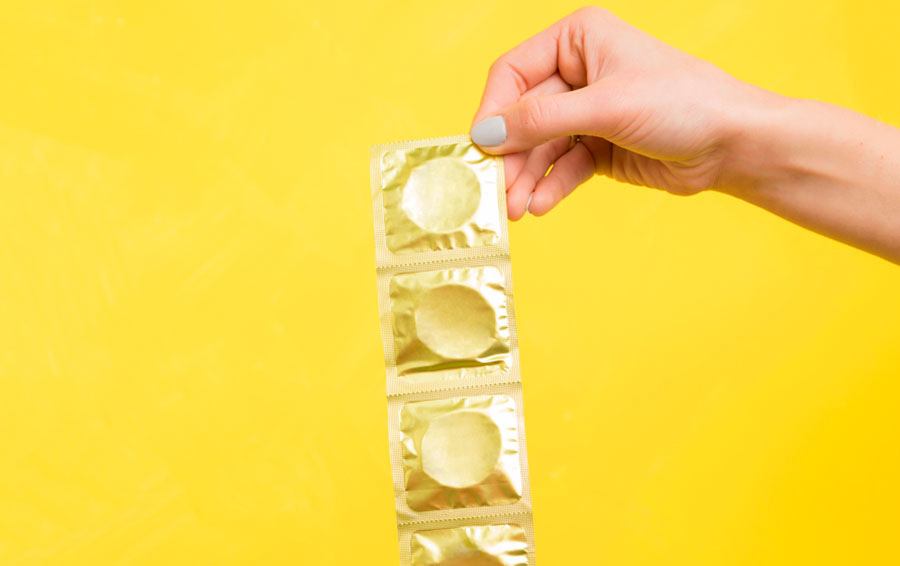
Paper
We are not talking about toilet paper, although it is also recommended to throw it in the trash. Do not flush paper towels and napkins down the toilet. They are not intended for these purposes and, when saturated with water, they turn into a large lump. It easily creates a plug that is difficult to dislodge from the sewer.
This applies to wipes and sleeves that are marked “washable” by the manufacturer. Much It's safer to get into the habit of throwing everything in a bucket.
Baby diapers
The reason is obvious - a diaper filled to the limit with water will simply block the pipe and will create a huge traffic jam in a matter of seconds. Place baby hygiene products in a separate trash bag and dispose of them regularly.
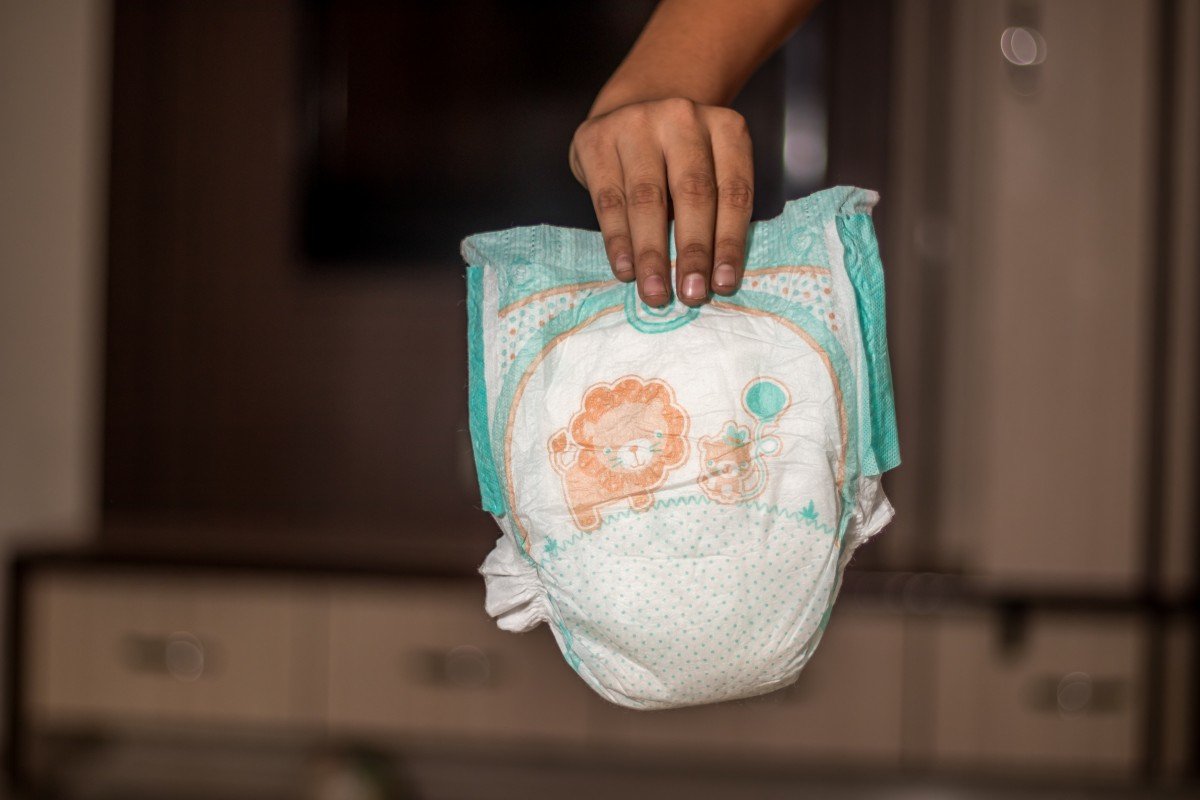
Cat litter
This option is also unacceptable. When wet, the particles stick together and clog the drain.Always place used hygiene products in a bag and place them in the trash.
Dental floss
Surprisingly, this thin thread should not be thrown into the toilet. Although, according to statistics, every fifth inhabitant of the planet does just that. She consists of non-degradable material - nylon or teflon. It causes great harm to the environment.
The only way out is the trash can.
Contact lenses
Their small size does not detract from their danger to the outside world. Once in the environment, lenses, broken into small pieces from contact with water, pollute nature and end up in our water supplies, poisoning living organisms.
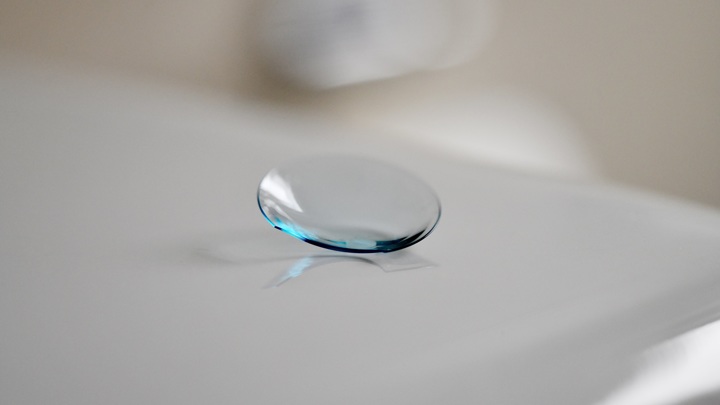
Chewing gum
This product never dissolves and practically does not decompose, entering the environment unchanged. She can lie hundreds of years, poisoning nature. Throw such products in the trash, or better yet, stop eating them.
Cigarette butts
It's a bad idea to cover up your "crime" by flushing the rest of your cigarette down the toilet. It takes on water and swells, trapping other pieces of dirt and creating a plug. It is much safer to soak the smoldering tip in water and throw the waste in the trash.
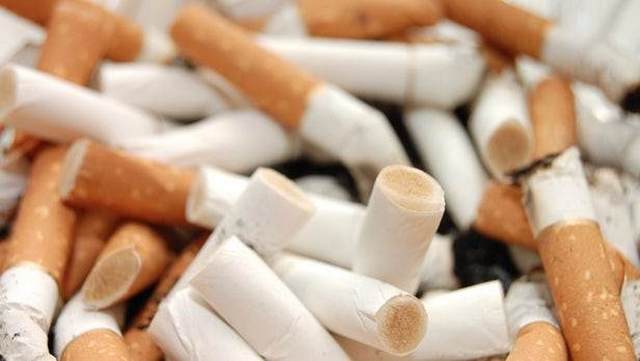
What liquids should not be poured down the drain?
In addition to food, apartment owners often send various liquids into the pipes. Despite their runny consistency, they no less dangerous for sewer wires. Let's give a few examples of substances.
Vegetable or melted butter
Any oily products settle tightly on the walls inside the pipes and quickly collect incoming food particles. The situation is complicated and pipe cleaning products do not always help.
Drain the remaining oil into a tightly closed container and throw it in the trash.
Paint and solvents
The viscous structure does not allow it to quickly pass through the pipe. It settles on the walls and creates a blockage. In addition, paint and chemical solvents do not decompose, subsequently ending up in tap water and poisoning citizens. Disposal into trash bin is recommended.
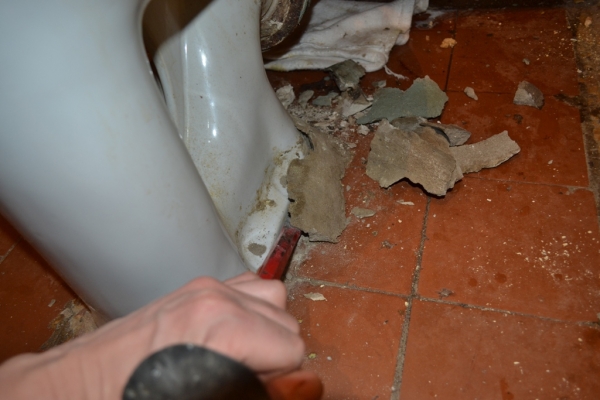
Diluted putty or cement
Careless builders are capable of experiments and often new apartment owners are faced with severe blockages. They occur due to the drainage of residues of putty, cement and other building materials. This is strictly forbidden. Throw everything in a special trash container for waste.
Take care of equipment and communications in your home. Then you you won’t have to spend money on expensive repairs and restoring neighbors' property after burst pipes.

